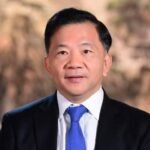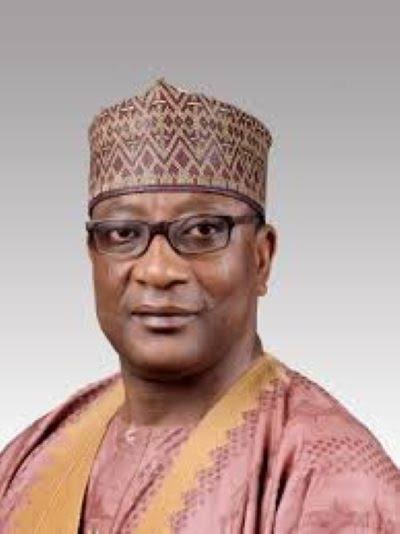By Hafsah Tilde Dr Mohammed Santuraki, the newly appointed Pro Chancellor and Chairman of the Governing Council, FUT Minna, says[...]
Tag: Education

FG to address gender gap in technical education – MammanFG to address gender gap in technical education – Mamman
0 Comments 7:04 pmBy Funmilayo Adeyemi The Federal Government has pledged to close the gender gap being experienced in the National Business and[...]

FG urges collective effort to bridge adult literacy gapFG urges collective effort to bridge adult literacy gap
0 Comments 5:39 amBy Funmilayo Adeyemi The Federal Government has solicited stakeholders’ collective engagement to close the literacy gaps among youths and adults[...]

I’ll turn around fortunes of FUT, Minna- Pro-chancellorI’ll turn around fortunes of FUT, Minna- Pro-chancellor
0 Comments 8:57 amBy Ismail Abdulaziz The new Pro-chancellor of the Federal University of Technology (FUT), Minna, Dr Mohammed Santuraki, has pledged to[...]
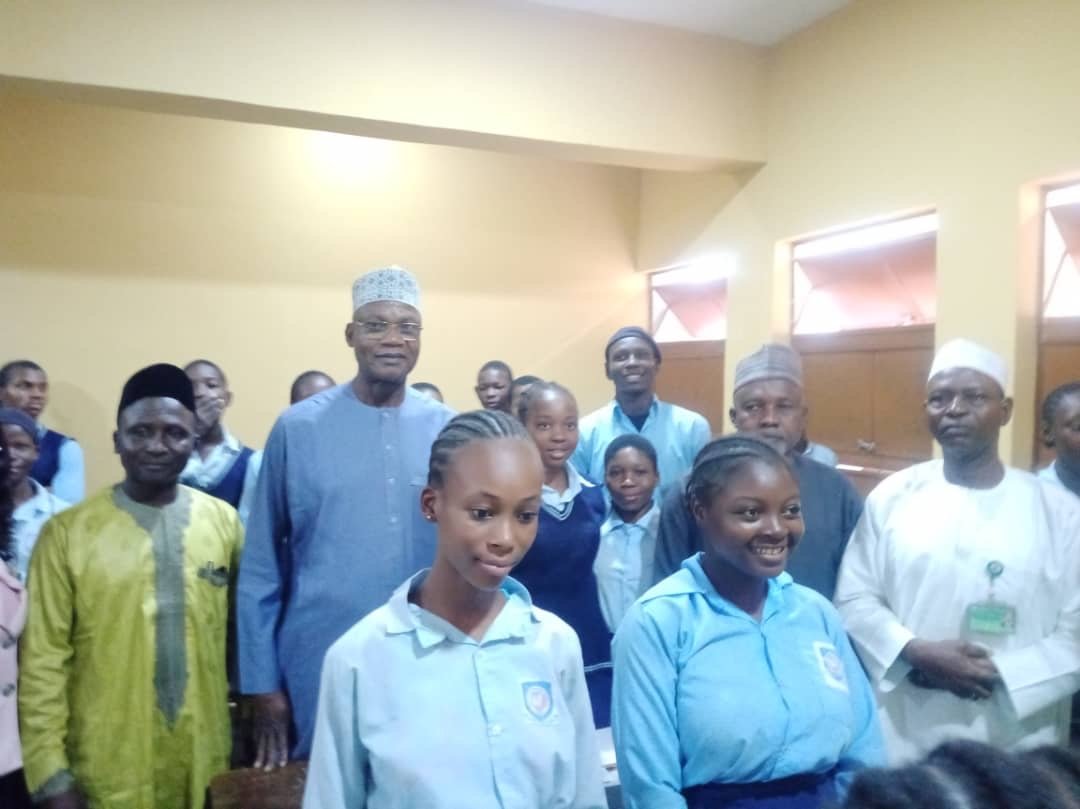
FG applauds smooth conduct as 1.8m write WASSCEFG applauds smooth conduct as 1.8m write WASSCE
0 Comments 2:15 pmBy Funmilayo Adeyemi The Minister of Education, Prof. Tahir Mamman, has applauded the smooth conduct of the ongoing West African[...]
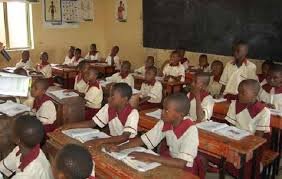
Guarantee our future– pupils urge TinubuGuarantee our future– pupils urge Tinubu
0 Comments 3:49 pmGuarantee our future – pupils urge Tinubu By Safia Abdulrahman Some Pupils in the Federal Capital Territory (FCT) have urged[...]
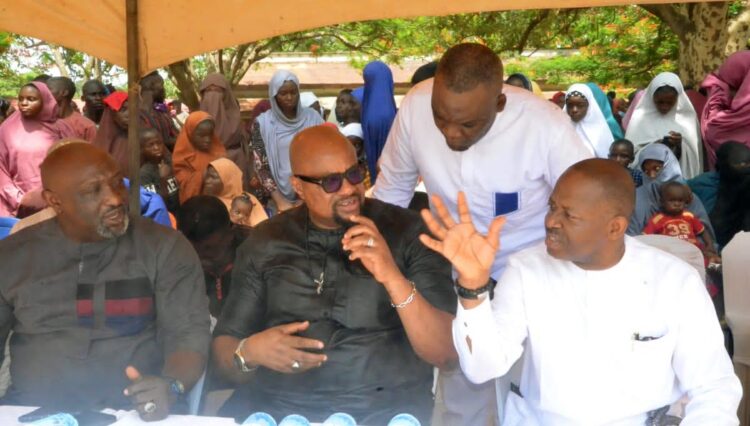
Children’s Day: NGO tasks government on increased investment in educationChildren’s Day: NGO tasks government on increased investment in education
0 Comments 9:26 pmBy Sarafina Christopher De Norsemen Kclub International (DNKI), an international humanitarian organisation, has urged government at all levels to invest[...]

UBEC to host continental Edutech conference on revitalising educationUBEC to host continental Edutech conference on revitalising education
0 Comments 2:20 pmBy Funmilayo Adeyemi The Universal Basic Education Commission (UBEC) is set to host the 6th edition of the African Education[...]

Why we admitted more female students – Ila-Orangun Varsity VCWhy we admitted more female students – Ila-Orangun Varsity VC
0 Comments 5:57 pmBy Victor Adeoti Prof. Akeem Lasisi, Vice-Chancellor, Federal University of Health Sciences, Ila-Orangun, Osun, said the institution admitted more female[...]

Degree mills: FG to flush out fake certificate holdersDegree mills: FG to flush out fake certificate holders
0 Comments 6:47 pmBy Funmilayo Adeyemi The Minister of Education, Prof. Tahir Mamman has pledged to flush out persons in public and private[...]


